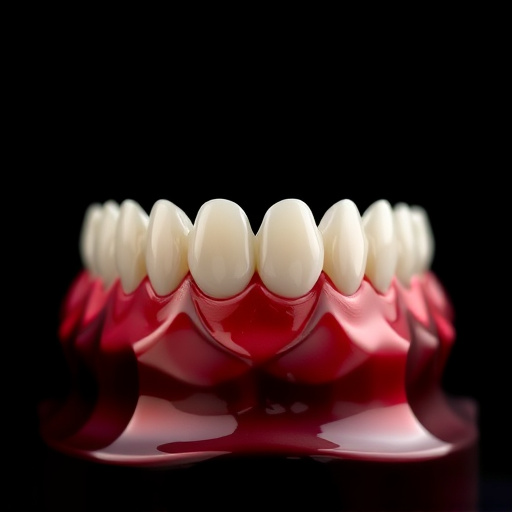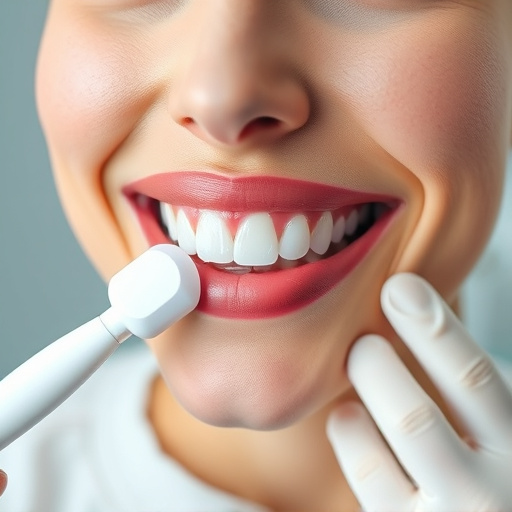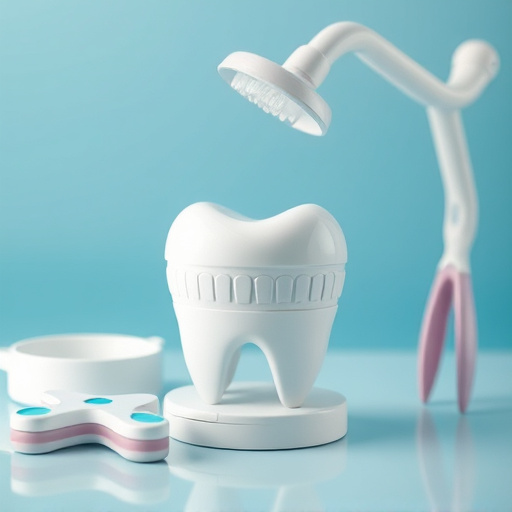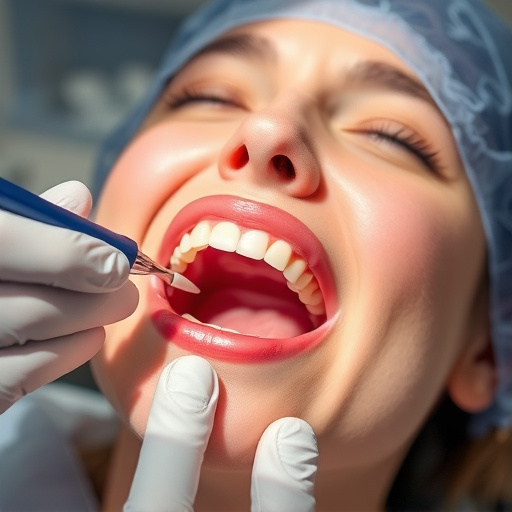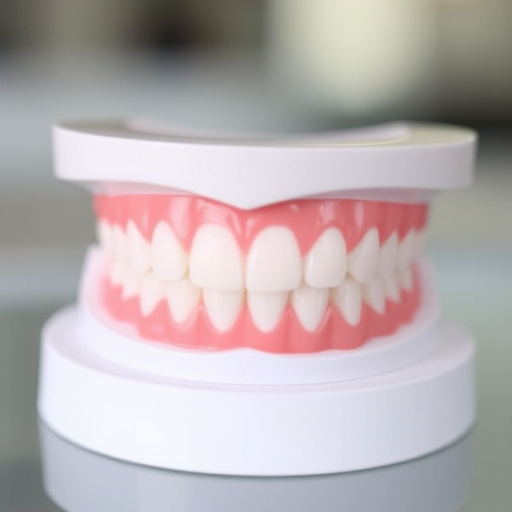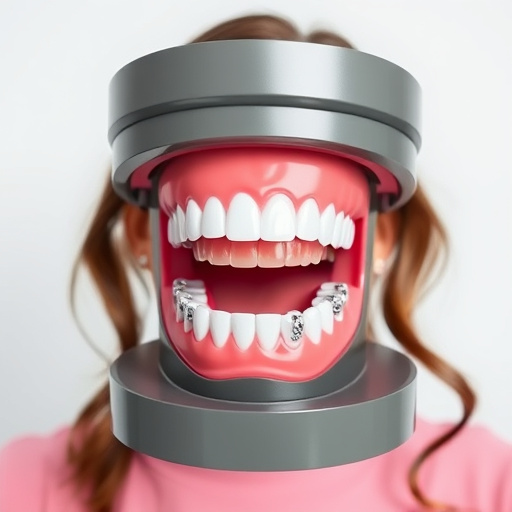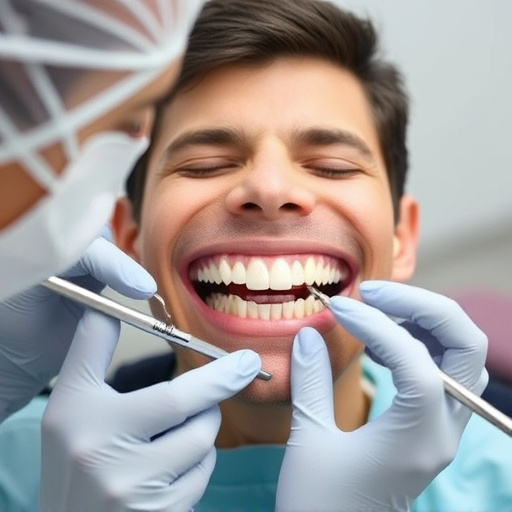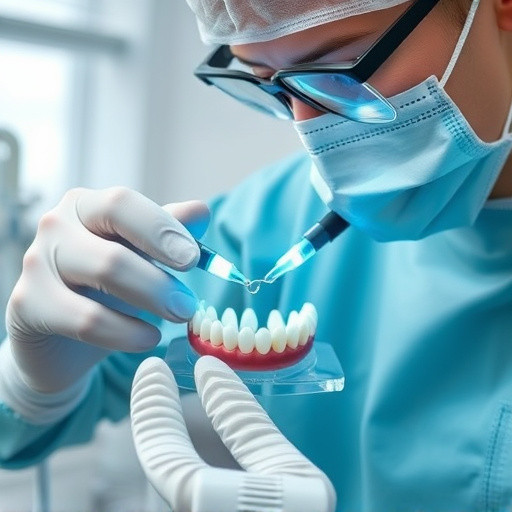Early recognition of emergency dental issues through preventive care prevents long-term pain and costly treatments. Regular check-ups and cleanings identify problems like wisdom tooth removal or cavities before they worsen, ensuring healthier teeth and gums and a more comfortable life. Prioritizing timely dental action avoids acute pain and future complications, fostering optimal oral health and well-being.
Emergency dental care isn’t just about treating acute issues; it’s a crucial defense against long-term pain and suffering. By recognizing emergency dental problems early, swift action can alleviate discomfort that might otherwise persist. This article explores key strategies like recognizing emergency dental issues, understanding the benefits of swift intervention, and emphasizing preventive dental care as the best defense against future pain. Implement these measures to protect your oral health and avoid prolonged suffering.
- Recognizing Emergency Dental Issues Early
- Swift Action Alleviates Long-Term Discomfort
- Preventive Care: A Key to Future Pain Avoidance
Recognizing Emergency Dental Issues Early
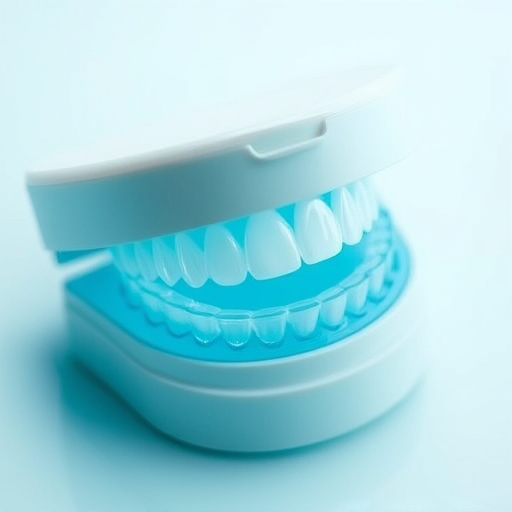
Recognizing emergency dental issues early is a vital step in preventing long-term pain and discomfort. Many common dental problems can escalate rapidly if left untreated, leading to severe complications. Symptoms like intense toothache, sudden swelling, or jaw stiffness should never be ignored. Prompt attention from a qualified dentist can often provide quick relief and prevent the need for extensive tooth repair procedures later.
Regular preventive dentistry, including routine check-ups and cleanings, plays a crucial role in identifying potential issues early. Dentists can perform simple procedures like wisdom tooth removal to avoid future problems. By staying proactive with your dental health, you can minimize the risk of experiencing significant pain or requiring extensive treatments, ensuring a healthier and more comfortable life.
Swift Action Alleviates Long-Term Discomfort

Swift action is key when it comes to alleviating long-term discomfort, especially in instances of dental emergencies. Delayed treatment can often lead to escalating pain and potential damage to teeth and gums. Preventive dental care emphasizes the importance of timely intervention, as many dental issues can be effectively resolved with prompt attention. For example, a simple toothache, if left untreated, could become an intense, persistent pain that interferes with daily life.
Regular dental cleanings and check-ups play a vital role in this preventive approach, ensuring any potential issues are identified early on. Children’s dentistry, too, benefits from swift action, as young patients can develop habits and attitudes towards good oral hygiene that will serve them throughout their lives. By addressing dental emergencies promptly, individuals can avoid not only acute pain but also the long-term complications that may arise from neglected dental health.
Preventive Care: A Key to Future Pain Avoidance
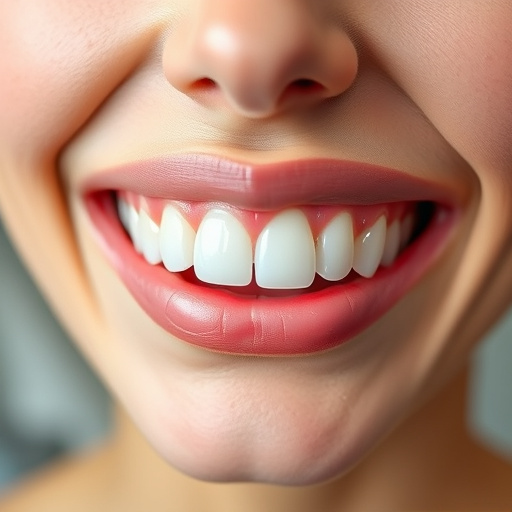
Preventive care plays a pivotal role in maintaining oral health and averting long-term pain. Regular dental check-ups, including professional cleanings and thorough examinations, are essential for catching potential issues early on. During these visits, dentists can identify minor problems like cavities or gum inflammation before they escalate into more severe, painful conditions. Simple procedures like tooth extractions or teeth cleaning can prevent future complications that may require more complex and costly treatments.
By prioritizing preventive dental care, individuals can significantly reduce the risk of chronic oral health issues. This proactive approach not only saves time and money in the long run but also ensures comfort and a pain-free future. It’s a proactive step towards maintaining optimal oral health and overall well-being.
Emergency dental care isn’t just about treating acute pain; it’s a vital step in preventing long-term discomfort and ensuring better oral health. By addressing dental issues swiftly, individuals can avoid complex procedures later on. Recognizing the signs early and prioritizing preventive dental care are key to maintaining a healthy smile and avoiding unnecessary, prolonged pain. Incorporating regular check-ups and proper oral hygiene practices into your routine is essential for future pain avoidance.




